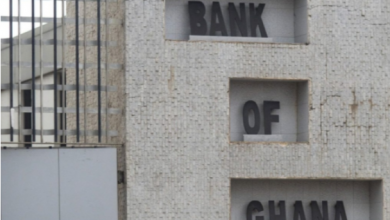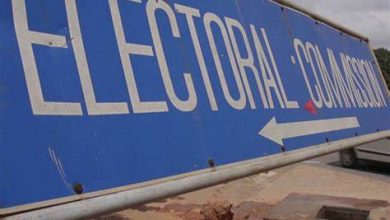
With oil prices crashing to more than a two-decade low as the coronavirus pandemic hits global demand for the commodity, the Ghana National Petroleum Corporation (GNPC) is cutting costs to remain efficient and financially sound.
One of the measures the corporation has adopted is to focus more on its core activities as related to its overall expenditure pattern with prices drop to US$27.
For instance, the corporation has reduced its Corporate Social Investment (CSI) budget from US$55 million for the year under review to US$35 million.
The Chief Executive Officer of GNPC, Dr K.K. Sarpong, disclosed this in an interview with the Graphic Business on April 15 in Accra.
Dr Sarpong said crude oil prices on the international market had dropped sharply, which would lead to a resultant drop in the corporation’s revenue for this year.
He noted that even within the reduced budget for CSI, certain critical projects would be undertaken and that included building of schools and healthcare centres in selected deprived areas to enable the people to also benefit from the country’s oil resources.
The corporation has among its functions to promote petroleum exploration activities, to appraise existing petroleum discoveries and to ensure that Ghana benefits the most from the development of the country’s petroleum resources.
The corporation promotes the training of Ghanaians in petroleum-related activities and ensures environmental protection in all petroleum-related activities. In the last couple of weeks, there have been calls for the government to hedge oil prices to guarantee the revenues to accrue to the State at the end of the year.
Dr Sarpong said much as hedging brought certainty, the timing now was not the best because the prices had fallen too low.
He was optimistic that with Russia and Saudi Arabia, as well as the intervention proposed by President Trump to get prices lifted, the price of the black gold would rebound.
Dr Sarpong said while at that, there was the need for the government to take a firm stance on the way forward as to which direction was best for now.
Dr Sarpong said critical staff were still working on a daily basis from the offices while the remaining were working from home.
Demand for crude has dropped by a third, forcing global producers to make unprecedented output cuts that have left markets awash with so much crude that even the Middle East’s main oil trading hub has run out of room to store unwanted barrels.
Source: Fiilafmonline/GraphicBuss



